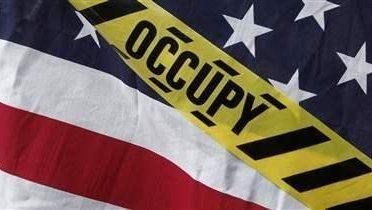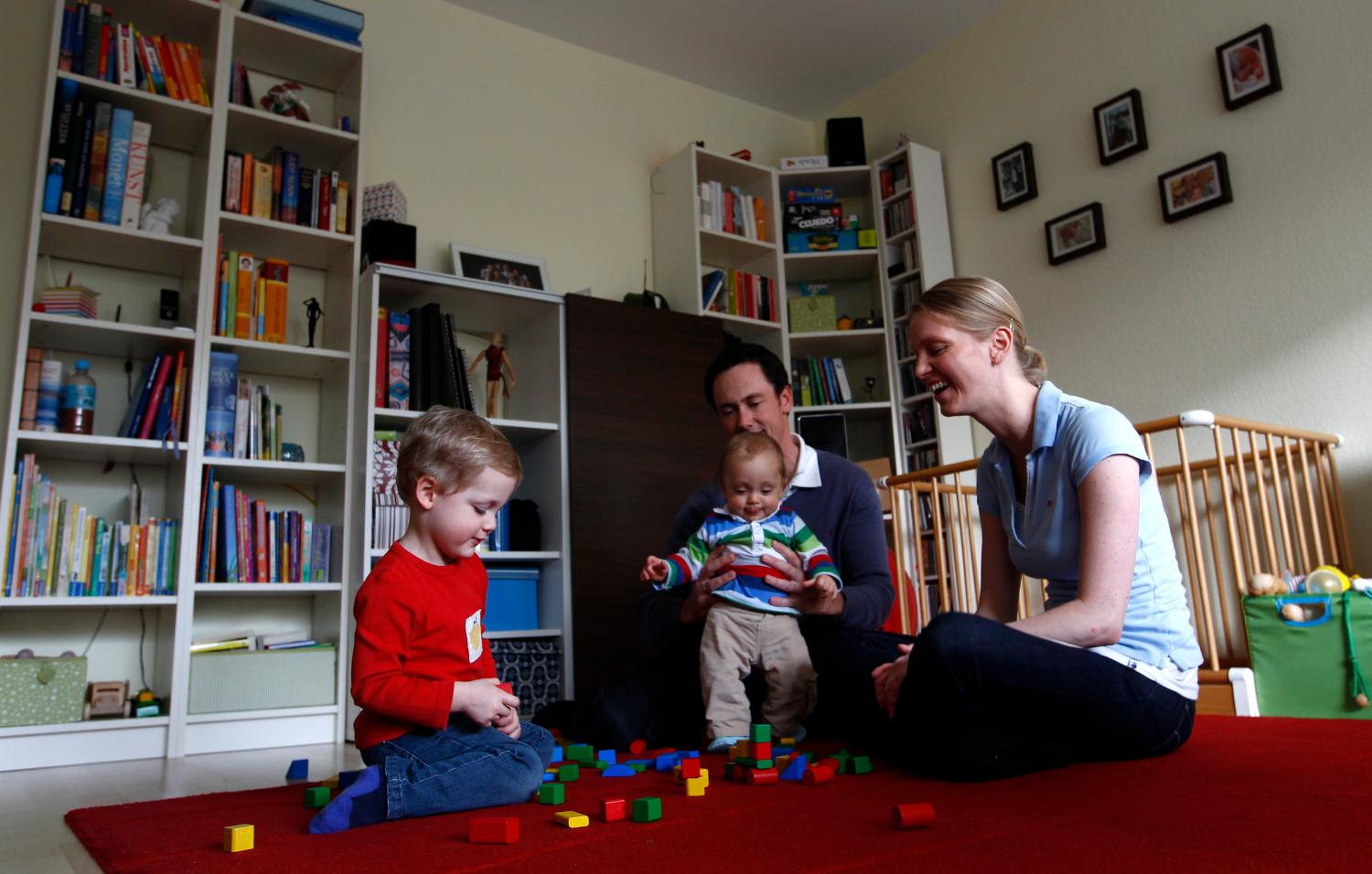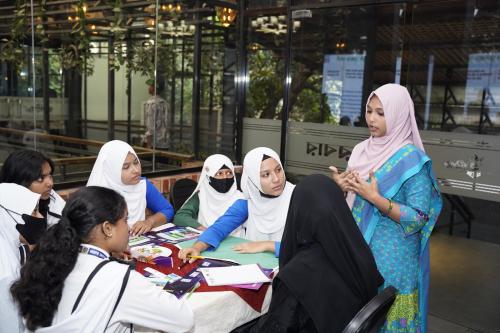Abstract
The question addressed in this brief is whether rising inequality affects mobility. My answer is that, at current levels of inequality in the U.S., it likely does. However, this answer is qualified in several ways. First, there is not yet sufficient data to definitively prove the point. Second, rising income inequality has been partly caused by changes in education and in family structures that are, along with income disparities, important drivers of the mobility process. Any response to rising inequality that did no more than redistribute income would not by itself do much to promote mobility. Instead, a combination of government policies and changes in behavior that will improve education, reward work, and strengthen families while also maintaining a basic safety net for those at the bottom is needed. Without such changes the U.S. may well become a permanently divided society.
U.S. Attitudes on Inequality
The concentration of income and wealth in the U.S. has reached levels we have not seen since the late 1920s. The Congressional Budget office reports that incomes after taxes and transfers, adjusted for inflation, almost quadrupled (275 percent) for the top 1 percent between 1979 and 2007. By contrast, incomes for the next 19 percent rose by 65 percent; income for the middle 60 percent rose by 37 percent; and incomes for the bottom 20 percent rose by only 18 percent.
Despite this evidence of growing disparities there has been little public outcry. Why have Americans been so complacent about high levels of inequality? There are undoubtedly a variety of reasons. Until the Great Recession, incomes were growing, albeit modestly, credit was widely available to shore up living standards, and the great majority of the population enjoyed a standard of living that would be the envy of the rest of the world. Moreover, individuals increasingly live in communities that are geographically isolated from each other and growing economic segregation, best captured by the spread of gated communities, affords little opportunity to witness how others are doing.
True, the Occupy Wall Street movement and growing media attention to the facts may be changing this. A Pew Research Center Survey in early 2012 showed that two-thirds of the public believes that there are very strong or strong conflicts between the rich and the poor—an increase of 19 percentage points just since 2009. But the survey also showed that attitudes about why people are rich or poor have not changed and that these attitudes are distinctively American.
Americans believe that where individuals end up in the economic game—who wins and who loses—is the result of hard work and ingenuity. In Europe, by contrast, people believe that luck, family connections, circumstances of birth, and corruption are more important determinants of success. The proportion of people in the U.S. that believes that people get rewarded for their effort (61 percent), for example, is dramatically higher than the median proportion (36 percent) that believes this in other advanced countries.
Because differences in income in the U.S. are believed to be related to skill and effort and because social mobility is assumed to be high, inequality seems to be more acceptable than in Europe while safety nets and regulatory protections are less robust. The U.S. Census Bureau finds that in the U.S., the Gini index for households (a measure of inequality that is equal to zero when incomes are equally distributed and equal to one when a single household has all of the income) was 0.47 in 2008. Eurostat found that the same index was 0.31 for Europe.
The bottom line is that Americans believe they live in a meritocracy. Economists Alberto Alesina and Rafael Di Tella (both of Harvard University), and Robert MacCulloch of Imperial College London find that in Europe, the reported happiness of the less affluent is more negatively affected by inequality than in the U.S. The authors argue that the perception of higher levels of mobility in the U.S. might explain such differences.
But this set of American beliefs could begin to erode. A 2011 Gallup poll found that only 44 percent of Americans believe that the next generation will have a better life than their parents, which is the lowest proportion since the question was first asked in 1983. The Occupy Wall Street movement, and the attention it has received, could be interpreted as a growing unease not just about inequality but about the fairness of the system that produced it. If more and more people feel that the deck is stacked against them, that just a small group gets all the good cards, and that our political system has been corrupted by the concentration of money in the hands of a few, they are likely to become increasingly dissatisfied with the status quo.
For now, however, American beliefs in the fairness of the system appear to be reasonably intact. This sense of opportunity has been the glue that has helped to make the American experiment work. Studies have noted that altruism depends, to some extent, on the ability of the donor to identify with the recipient. Put differently, a sense of community is selective. It depends not only on the perceived causes of someone else’s good or bad fortune but on group ties or solidarity, which are harder to create in a large ethnically and racially diverse country such as the U.S. in comparison to the smaller and somewhat more homogeneous societies of Europe. America has been helped in this task by a shared commitment to the idea of opportunity and upward mobility. But are such beliefs warranted?
The Brookings Institution is committed to quality, independence, and impact.
We are supported by a diverse array of funders. In line with our values and policies, each Brookings publication represents the sole views of its author(s).





